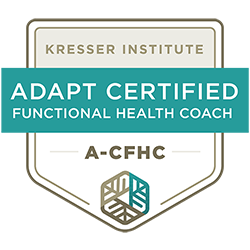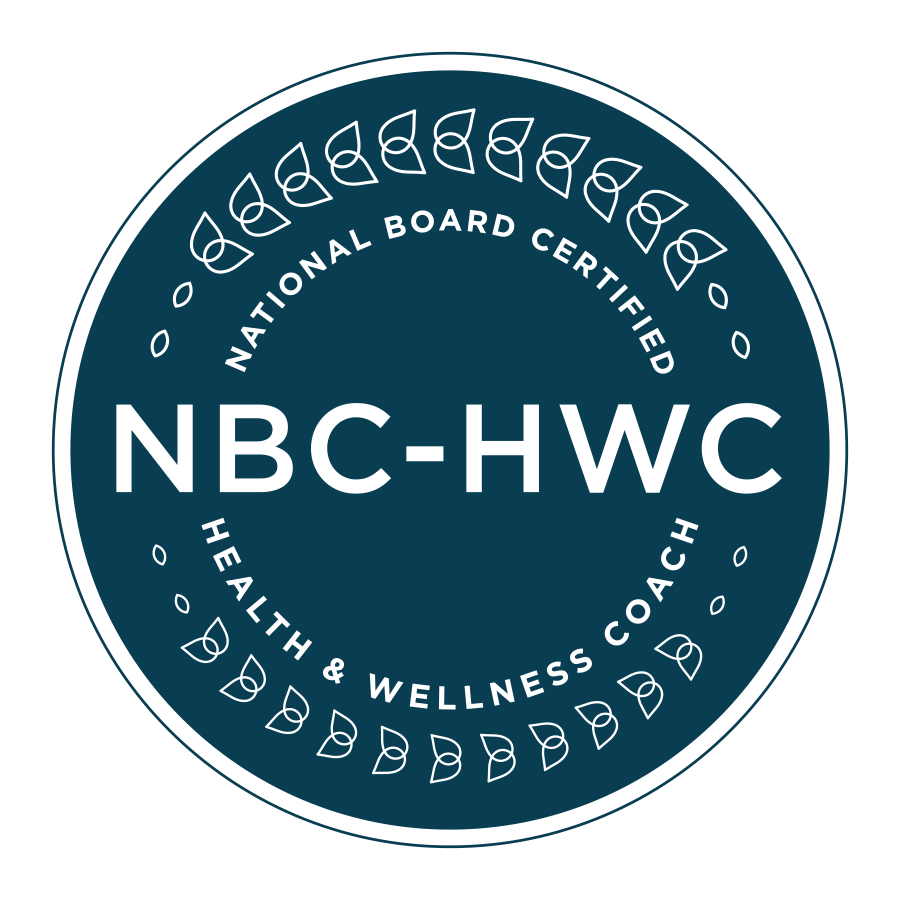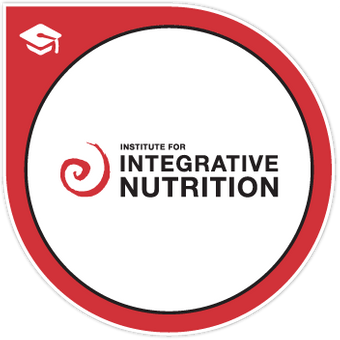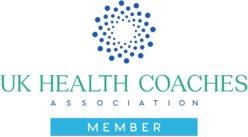“Eric… Eeeeee-riiiic…!”
It was Mary towering over me, and gingerly calling into my ear, nudging my arm for about two minutes before I even noticed her. Instinctively, I wanted to hit the snooze button – hard. I was so tired that I peeled open my eyes with muscles I didn’t even know I had.
Lying on the floor, I was about to curse Mary for waking me up before I realised what was going on.
I had sent out three 100-plus-page agreements to the “other side” that I had spent the wee hours amending and just needed a cat nap. No discerning cat would have chosen the spot I found on the floor of my office to snooze.
There wasn’t time to go home to sleep, so I bargained with myself that I could have 40 winks in the office, wake up, shower and then be ready for the all-day meetings that were starting at midday. The floor of my office looked pretty comfortable at 5.00 am.
It was the fifth day in a row of post-2am finishes.
Mary carried on with her normal day, as did I with mine.
How do you look so well?
Fast forward 15 years and I’m getting off a 14-hour flight from London, showering and heading straight into our Singapore office.
My colleagues asked me the usual questions, “How are you?” and “When did you arrive?”
“Two hours ago”, I replied.
“How do you look so well?”, they asked. A simple question tinged with a flavour of incredulity.
I had rocked up in the office like I had been in Singapore for a week already, sleeping well again and feeling refreshed.
It’s the question I get asked the most, “How do you look so well?”
It feels like a hushed nod to our vanity. I’m sure my genes help me look younger than my age, but I looked (and felt) so well that day and on almost every day since 2013 because of a crazy long, swim-run race in Sweden – Ötillö. We’ll come back to Sweden shortly.
What does conventional success look like?
When you start life growing up in a striving immigrant family (which ones don’t strive?) there’s a spotlight that shines on the opportunities that appear around you. If you see one, it’s really there to take, not to pass up.
My family warned me at dinnertime that I couldn’t leave a grain of rice in my bowl, as “someone else will be hungry for it”. Carpe granum!
So what does a Cambridge-educated law graduate do when starting off his legal career? He continues to seize every opportunity like a magpie spotting a shiny object.
And yet, on that Friday morning, for a scintilla of time, my heart wanted to hand the whole bowl with every grain of rice back to Mary. There it was – my logical, lawyerly brain reminding me to seize the shiny object. Again.
Still, being a lawyer at a leading global firm had its perks.
It took me to Hong Kong, Shanghai and Beijing for several years. As well as one week in a windowless room full of boxes of documents on Queen Victoria Street.
You can almost hear the cat mewing to me on that Friday morning as Mary woke me up, “not on this floor, it’s just not cosy enough”.
Between the cat and the magpie, my brain was a library of confusion.
I thought I just needed more sleep … … more coffee … … … more time. I was a pretty slow drafter as I was still learning my craft. So perhaps I just needed to be “more productive“.
How could I be my best at work or even think about leading a team a few years later when my body felt sluggish and my brain was mired in a daily fog?
A health-first approach to success
Training for Ötillö, a Swedish swim-run endurance race, helped me see how everything around us – our exposome – drives our health. The exposome is the sum of all of the non-genetic exposures in our lifetime, starting from conception. It turns out that our genes account for only about 15% of human disease.
Figuring out how I should fuel myself for the 12-hour Ötillö race started me on my journey of understanding that our own behaviours – the environment and conditions we can choose to create for ourselves – are the primary determinants of our health: what we eat, how we sleep, how we move, how we think and respond to things like stress, and how we thrive when we feel a sense of belonging.
I realised it’s where health meets productivity. And how health impacts leadership.
Without even realising it, modern day living has not only offered us convenience. But it’s also created a gap between how we live now and how we were designed to live. For many of us that gap is so wide that our genes haven’t caught up and adapted.
It was no wonder Mary had to nudge me for two minutes before I woke up. I was aware I had pushed my body beyond sundown with artificial lights and coffee.
But I was still in a mindset of “what ifs”. What if I carry on and my health suffers? What if I quit my job, what then? What pays for the mortgage?”
Most of us are aware. But awareness alone doesn’t lead to action, acceptance does.
Acceptance brings the courage to turn towards what’s unpleasant and explore it. And then to discover what’s pleasant – and possible – and welcoming it.
Awareness => Acceptance => Action
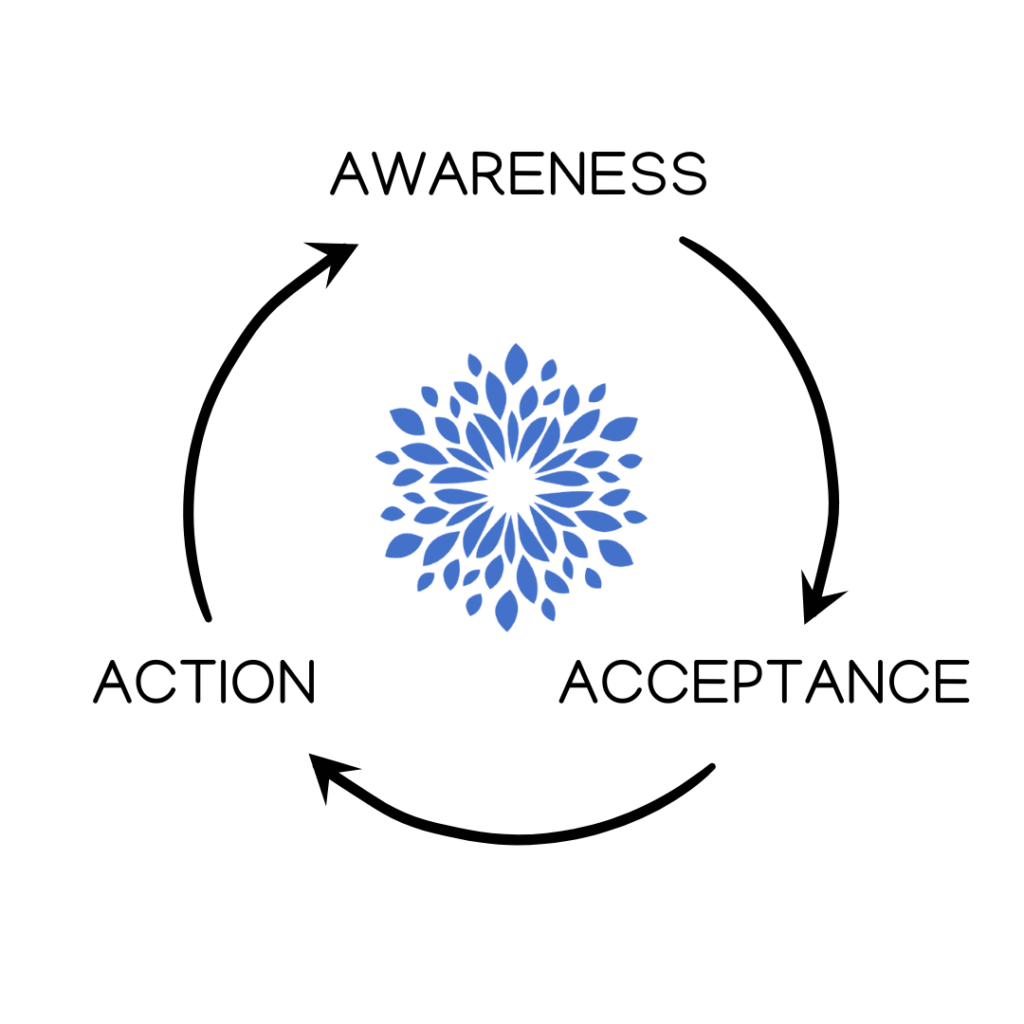
A heart-centred approach to success
Acceptance helps us overcome our stuckness when we have those endless internal conversations with ourselves that hold us back from moving closer to what we want.
Often the first thing we do is try to work out what action we need to take next:
- “What tips can I try?”
- “What tablet should I take?”
- “What expert do I need to help me?”.
And we gleefully skip past acceptance, and find ourselves once again back in those endless internal conversations unable to get what we want as quickly, or at all.
I was aware that I was tired and suffered from brain fog. But I hadn’t fully accepted the cause could be one of my best qualities – striving for every opportunity. How could it have a dark side?
I was aware that my autoimmune condition, psoriasis, was getting worse. There was frustration that my doctor no longer had anything to offer when the hydrocortisone creams he prescribed had stopped working. I didn’t want to accept that the itchy, painful patch of skin around my ankle might be spreading to the rest of my body.
Acceptance is scary because it’s so emotional.
It’s not about giving in; it’s not submission. Rather, it’s about opening our hearts to ourselves, just as we might open our hearts to someone we love who is going through a difficult period in their life.
When we do that, we can offer ourselves the compassion, time and space to see what is possible to accept about ourselves: that our strengths have dark sides; that we can’t control what we think we can’t control.
Acceptance is born out of awareness. It’s hard. It often takes many attempts. It’s messy. It requires patience. It demands a state of being that allows for the opening of our hearts.
So it’s no wonder that it’s hard for high-achievers to be more heart-centred when we’re so accomplished at getting (a heck of a lot of) things done:
- gunning for a make-or-break promotion
- being shouted at by demanding clients telling ourselves it’s “part of the job” or
- running up to the deadlines of completing a project.
I could tell you about the foundations in Functional Medicine and ancestral health that I adopted that eventually enabled me to tinker with my exposome and resolve my psoriasis within a year – without a medication in sight.
I could show you how my hayfever went away, and how I woke up with energy and vitality. I could tell you how much nicer a human being I became (most of the time).
But I know that without my own journey of acceptance, I would not be experiencing my own success today, Effortless Leadership – accepting that I needed to listen to what my heart and gut were telling me; accepting that creating the environment around me to thrive was not going to be as easy as popping a pill and getting on with my day. There’s plenty more that I needed to accept, of course.
It was taking that next step of acceptance that led to action. And to my colleagues in Singapore being able to notice how well I looked after my flight.
I could see in the mico-expressions on their faces that they wanted to look (and feel) well, too. They wanted to hear about the shortcut or the “quick tip”. Or they looked at me, and somehow didn’t think it was possible for them.
I wonder now what they might have needed to accept before they could take action and change?
Over to you
In the years since Ötillö, I’ve still been working hard. The pressures of being a lawyer, and now an entrepreneur, have still been there. There have been some more 2am finishes. But I had created the health resilience to take these knocks in my stride.
And with it, showing up to a meeting in Singapore looking (and feeling) so well.
And for those of you wondering how I resolved my psoriasis without a medication in sight, you can take a look here. I invite you, first, to open your heart and see what acceptance you can offer yourself.

